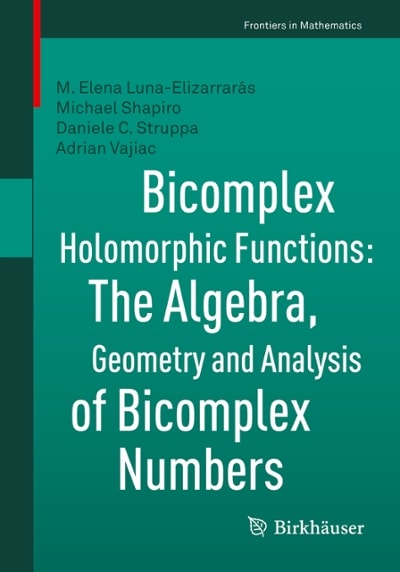Question
(a) We say two events A and B are conditionally independent given an event C iff P(A B|C) = P(A|C)P(B|C). Verify this is equivalent to
(a) We say two events A and B are conditionally independent given an event C iff P(A B|C) = P(A|C)P(B|C). Verify this is equivalent to saying P(A|B C) = P(A|C). Also, verify it is equivalent to saying P(B|A C) = P(B|C). You may assume P(A) > 0, P(B) > 0 and P(C) > 0.
(b) We have 5 coins in a box. Four of these coins comes up heads 80% of the time, the last comes up heads 20% of the time. One coin is picked at random and independently tossed twice. Let Ai be the event you get heads on the i-th toss. Show that A1 and A2 are not independent.
(c) Consider two independent fair coin tosses, in which all four possible outcomes are equally likely. Let H1 be the event the first shows a head, H2 the second shows a head, and D the event the two tosses have different results. Verify that H1 and H2 are independent, but are not conditionally independent given D
Step by Step Solution
There are 3 Steps involved in it
Step: 1

Get Instant Access to Expert-Tailored Solutions
See step-by-step solutions with expert insights and AI powered tools for academic success
Step: 2

Step: 3

Ace Your Homework with AI
Get the answers you need in no time with our AI-driven, step-by-step assistance
Get Started


